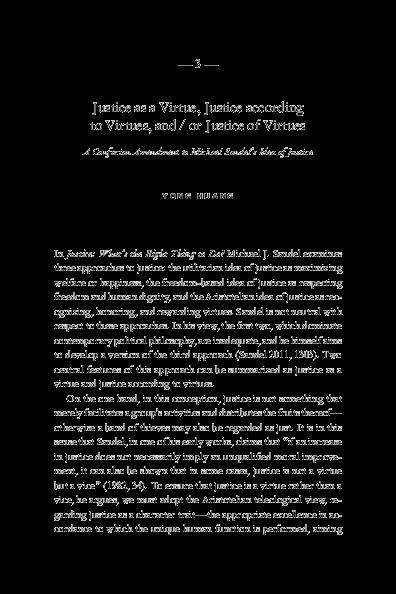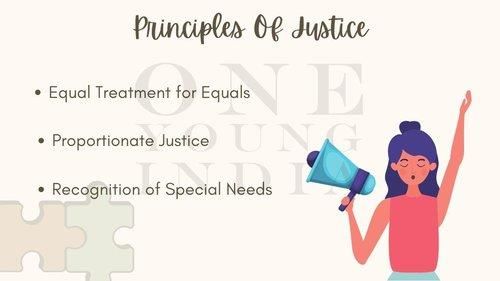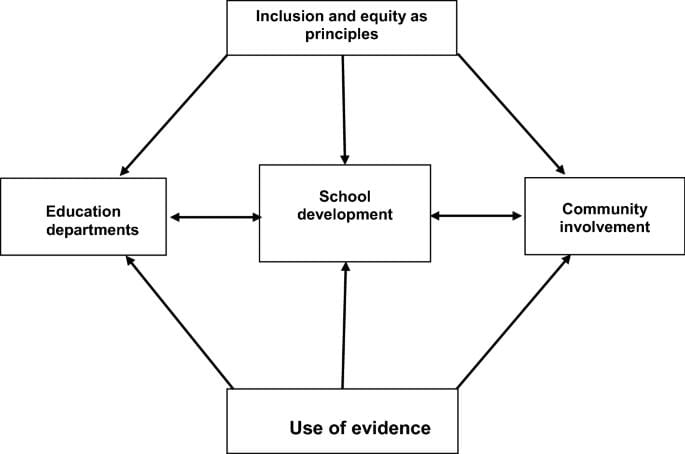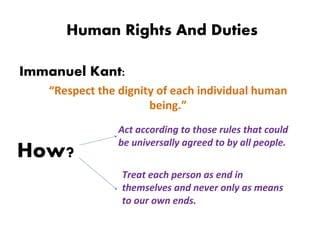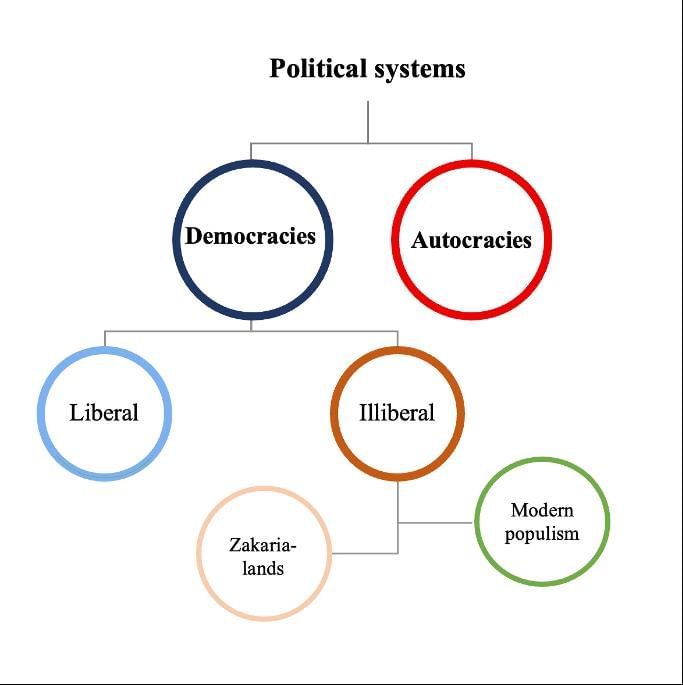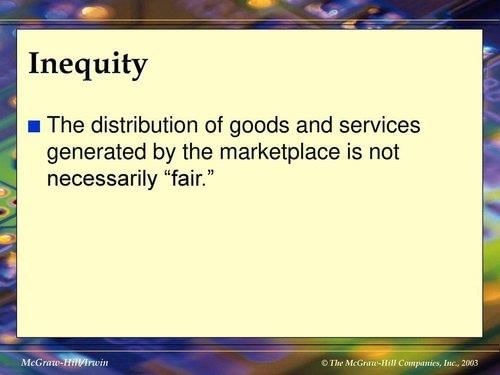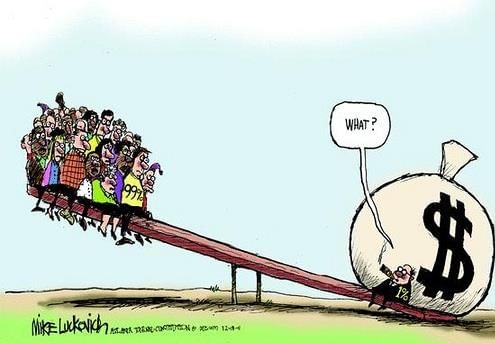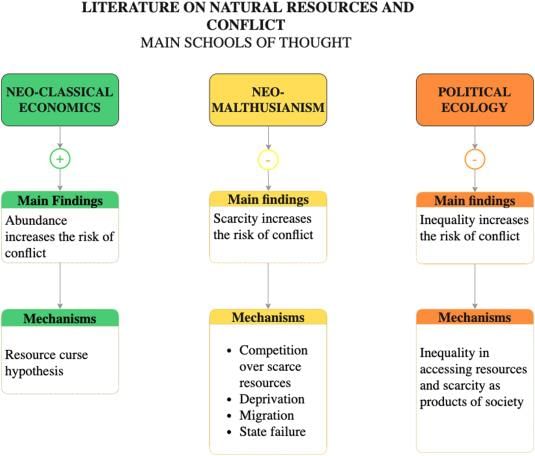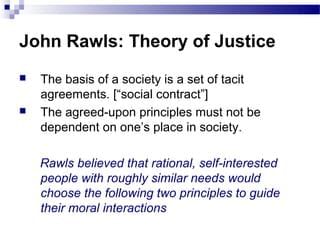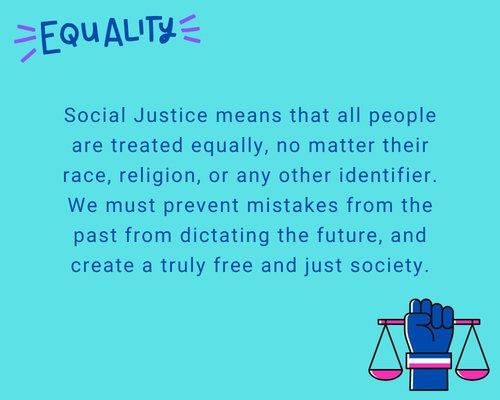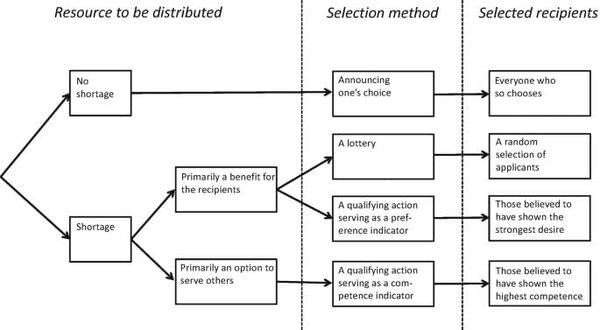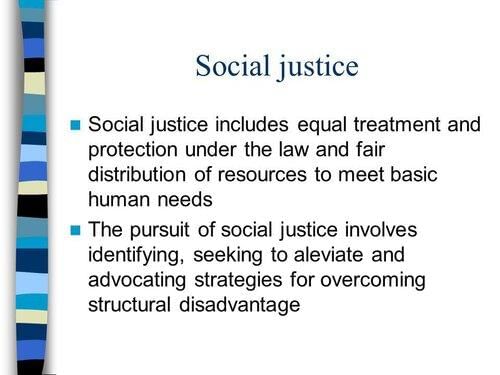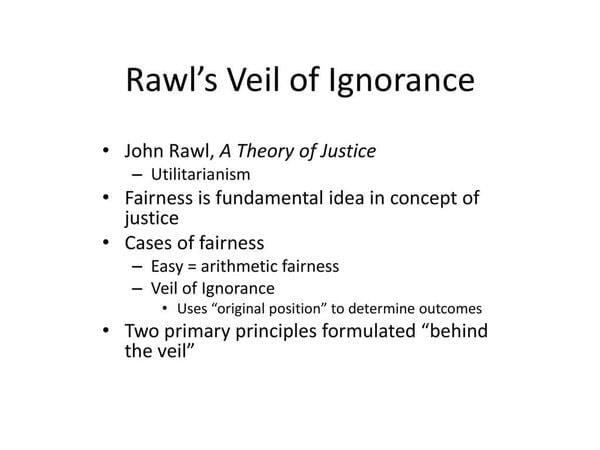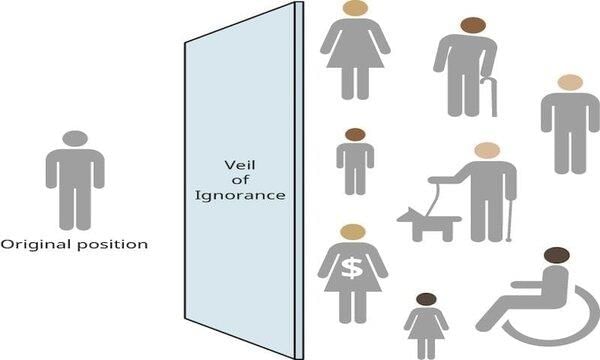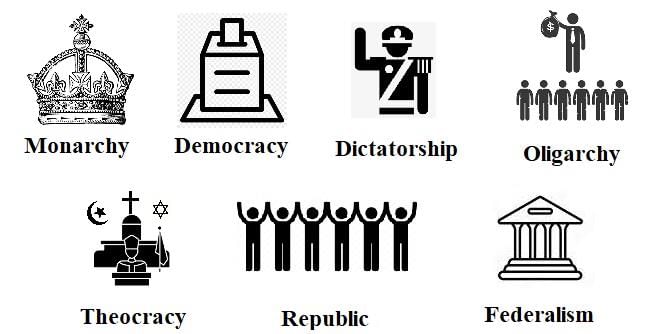|
Justice is defined as the fair and impartial treatment of individuals, ensuring that ___ and ___ are upheld. |
Card: 1 / 50 |
|
True or False: The principle of treating equals equally states that all individuals should receive identical treatment regardless of their circumstances. |
Card: 3 / 50 |
|
False. While equal treatment is important, justice may require different treatment based on individual circumstances. 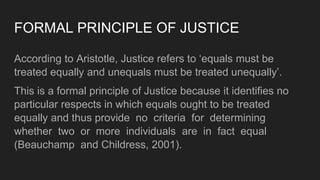 |
Card: 4 / 50 |
|
What philosopher emphasized the importance of rewarding the virtuous and punishing wrongdoers in the context of justice? |
Card: 5 / 50 |
|
Fill in the blank: Proportionate justice requires rewards to be distributed based on the ___ and ___ of individual efforts. |
Card: 7 / 50 |
|
Riddle: I am a principle that accommodates those who face barriers and ensures fairness for all. What am I? |
Card: 9 / 50 |
|
Which philosopher argued for equal opportunities for individuals to pursue their goals, emphasizing dignity and respect in justice? |
Card: 11 / 50 |
|
What are the three types of rights that are typically granted in liberal democracies to ensure equal treatment? |
Card: 13 / 50 |
|
True or False: The principle of proportionality in justice suggests that everyone should be rewarded equally, regardless of their contributions. |
Card: 15 / 50 |
|
False. Justice requires balancing equal treatment with proportional rewards based on effort and circumstances. 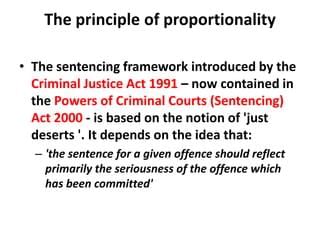 |
Card: 16 / 50 |
|
Justice aims to correct injustices, protect the vulnerable, and ensure that everyone has the opportunity to ___ within society. |
Card: 17 / 50 |
|
What is the relationship between justice and the concept of dharma in ancient Indian philosophy? |
Card: 19 / 50 |
|
In ancient India, justice was closely linked to dharma, where rulers were responsible for maintaining a just social order. 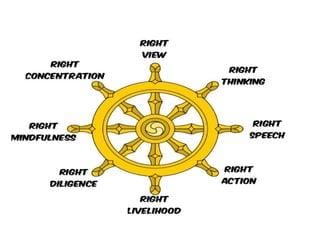 |
Card: 20 / 50 |
|
True or False: Social justice only focuses on economic equality without considering social inequalities. |
Card: 23 / 50 |
|
Fill in the blank: Disagreements on resource distribution can lead to strong opinions and even ___ in society. |
Card: 25 / 50 |
 Unlock all Flashcards with EduRev Infinity Plan Starting from @ ₹99 only
|
|
Who is a renowned political philosopher that argued for assisting the least privileged members of society? |
Card: 27 / 50 |
|
Riddle: I ensure a level playing field for all, but sometimes require resources to be shared. What am I? |
Card: 29 / 50 |
|
What does social justice require in terms of life conditions and opportunities? |
Card: 31 / 50 |
|
Multiple Choice: Which of the following is a key aspect of social justice? A) Equal treatment under the law B) Complete economic freedom C) Strict class separation D) Unrestricted resource accumulation |
Card: 33 / 50 |
|
What is the concept of the 'veil of ignorance' in John Rawls' theory of justice? |
Card: 35 / 50 |
|
The 'veil of ignorance' is a hypothetical situation where individuals make decisions about the organization of society without knowing their own social position, which encourages impartial and fair decision-making. 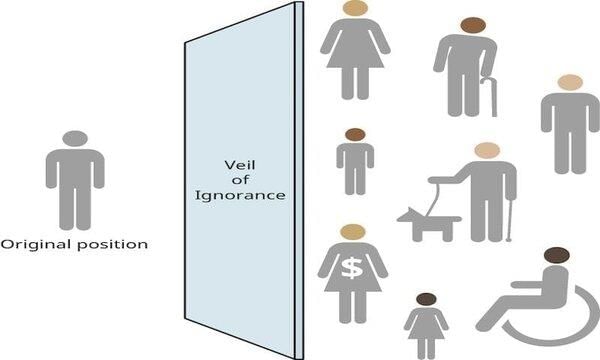 |
Card: 36 / 50 |
|
Rawls suggests that decisions made under the veil of ignorance would prioritize the interests of which group? |
Card: 37 / 50 |
|
The worst-off individuals in society, as people would aim to create a society that benefits the least advantaged. 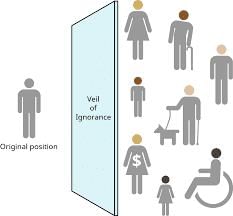 |
Card: 38 / 50 |
|
True or False: According to Rawls, moral considerations are the primary basis for making decisions under the veil of ignorance. |
Card: 39 / 50 |
|
False. Rawls believes that rational thinking, rather than morality, could lead to fair and impartial judgments. 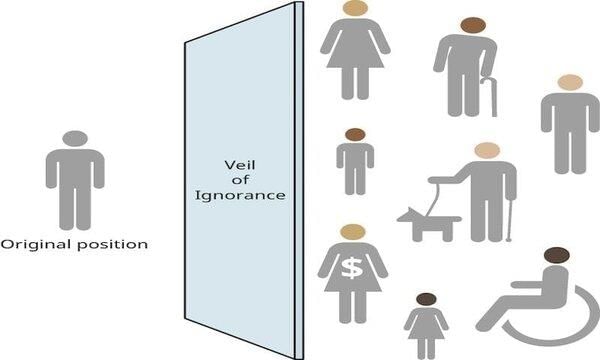 |
Card: 40 / 50 |
|
Fill in the blank: The merit of the 'veil of ignorance' position is that it expects people to think for themselves and make choices that they believe are in their own ___. |
Card: 41 / 50 |
|
Riddle: I am a concept that helps you decide how to create a fair society, yet you must forget who you are to use me. What am I? |
Card: 43 / 50 |
|
According to Rawls, what potential limitation exists for those born into disadvantaged sections of society when applying the veil of ignorance? |
Card: 45 / 50 |
|
It may be difficult for them to imagine themselves in a position that is not reflective of their current disadvantages, making the exercise less effective for them. 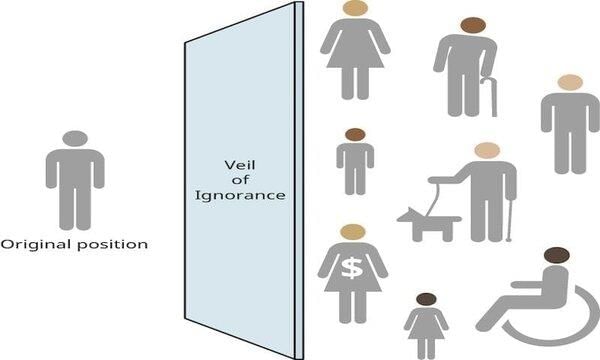 |
Card: 46 / 50 |
|
Multiple Choice: Which of the following best describes John Rawls' approach to justice? |
Card: 47 / 50 |
|
A. Making decisions based on self-interest while ignoring personal social status. 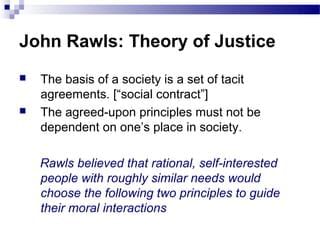 |
Card: 48 / 50 |
|
What is the primary responsibility of a democratic government regarding social justice? |
Card: 49 / 50 |





